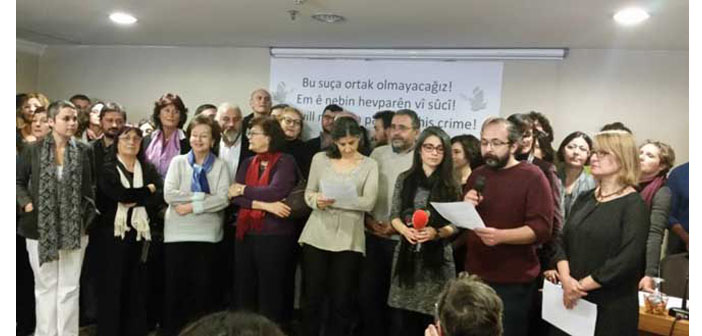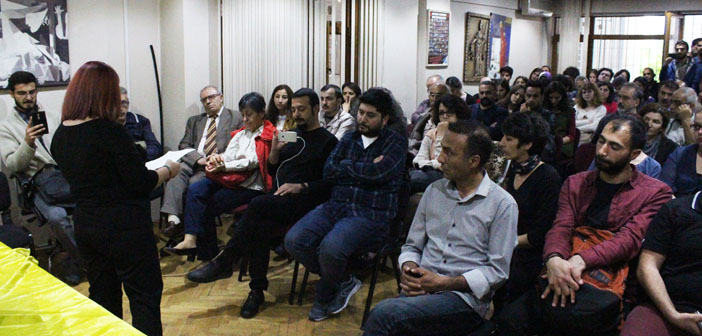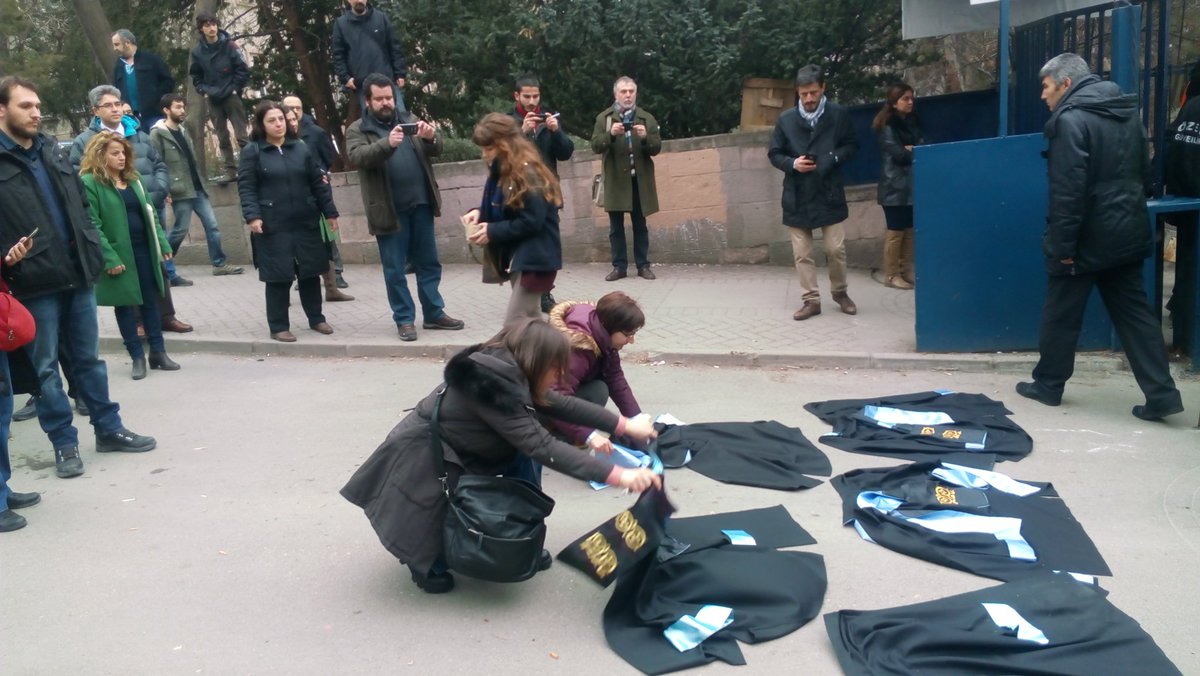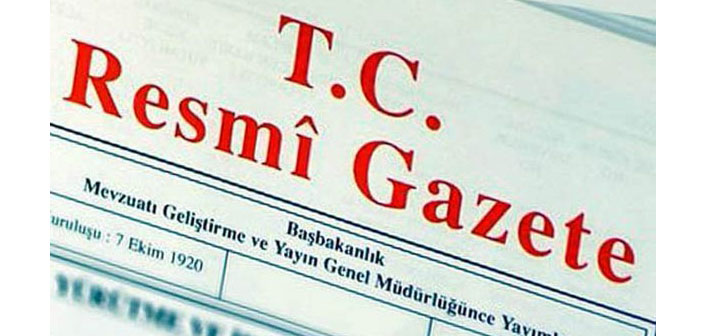Arın Gül Yeniaras, a member of the lawyers’ group that is formed for providing legal support for “Academics for Peace”, said: “Some of the universities started investigations on their own. Almost all academics are subjected to psychological violence; their doors are marked or they are threatened directly.”
Oppression against 1128 academics who signed a declaration demanding peace on January 11 continues. Pointed as targets because of saying “we are not accomplices to this crime”, academics, especially the ones working in the country, are subjected to psychological violence. Because of their experiences, young academics in Erzurum, Bolu, Yalova, Muğla and Samsun had to lock themselves in their houses, leave the city or they were subjected to lynching campaigns.
Office raid
Ramazan Kurt from Erzurum Atatürk University is suspended and he tells about the experiences he went through: “On January 15, 2 people came to my office and threatened me. On the same day, there was a call for a march for protesting me. I filed a criminal complaint and demanded protection. Then, I found out that I am suspended. They organized a march against me saying that “We don’t want a terrorist in our university”, which many people attended. After the march, they entered my room and took nationalist oaths. Nobody from the university called me for support. Chief of the Department signed the so-called “contra-declaration.” After I saw the attitude of my colleagues, there was no point in staying there.”
They locked themselves in the house
Latife Akyüz is another academician who is suspended like Ramazan Kurt. It is not the case that every university resorts to suspension, but the number of investigations increases day by day. Academics in small cities tend to remain silent about this issue, because they think that their statements can be used against them during the investigation. For academics in metropolises, it is possible to find support from their acquaintances and various organizations. On the other hand, the academics in the peripheral cities become isolated. Most of them are not supported even by their colleagues. Head of Sociology Department in Muğla chose to point his colleagues as targets by signing the “contra-declaration”. Ramazan Kurt says that his colleagues provided information about him to the students who raided his office. In Bolu Abant İzzet Baysal University, another declaration is signed which says that “We don’t want those academics here.” In the face of such actions, those academics have nothing to do. Academics in Samsun had to lock themselves in the house for a while, whereas the ones in Yalova cannot even use the public transport vehicles and the ones in Bolu cannot park their cars in solitude places.
Campaigns to discredit
Arın Gül Yeniaras, a member of the lawyers’ group that is formed for providing legal support for “Academics for Peace”, said: “Some of the universities started investigations on their own. Almost all academics are subjected to psychological violence; their doors are marked or they are threatened directly.” Since these threats and violence cannot be penalized, they cannot be prevented. Lawyer Yeniaras says, “There are actions like starting investigations, suspension and dismissal of the part-time academics. In a sense, this amounts to preventing the right of education. There is no legal ground for such actions. In this way, certain people are subjected to campaigns to discredit. This happened to lawyers, doctors and architects before.”
Judicial and administrative investigations
Academics are subjected to two kinds of investigations: one is started by the administrator of their working place and the other one is the legal investigation which is started by a criminal complaint. It is thought that some universities, which haven’t started administrative investigations, are waiting for the legal investigation, which will be started in İstanbul. However, like in the cases of Ramazan Kurt and Latife Akyüz, some universities chose to “penalize” the academics by themselves. If the legal investigation in Istanbul wouldn’t be concluded against the academics, there would be a strange situation. Yeniaras says: “In this case, academics will be able to demand compensation. It is a different process. We will try to find a legal balance against these campaigns to discredit.”
Local media
It can be seen that local media organs in the country initiated the process of pointing the academics as targets. Most of the academics say that they saw themselves on the local newspapers. There were news reports which revealed their names, departments and photographs. In the case of Yalova, a free local newspaper followed the lynching campaign and urged the administrators of the university to take action against the academics. After that, the rector released a press statement saying that the investigations against those academics are started. Academics say that they are already known by certain groups because they are organized and some of them claim that they were threatened before.
Threats to right to education
Most of the research assistants are also PhD students and they work under contracts which are renewed annually or biennially. Young academics are afraid that their contract might not be renewed. If they are dismissed, they could continue their education. It is rumored that many universities will start “student investigations”. Ramazan Kurt is faced with this threat: “I recently started to work as a research assistant. I have been in Erzurum for 3 years. My contract will be renewed in August. It is not possible to continue my education in elsewhere, since I am a staff of the institute. I have to wait until this process is ended. I will transfer to another university next year, but there is a possibility that I might start from the scratch. If that happens, my previous work will be wasted. Finding a job in a university seems very difficult.”





